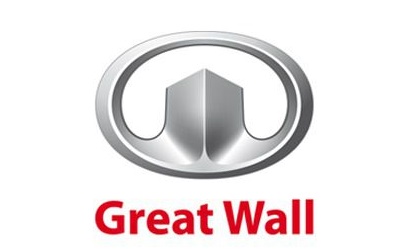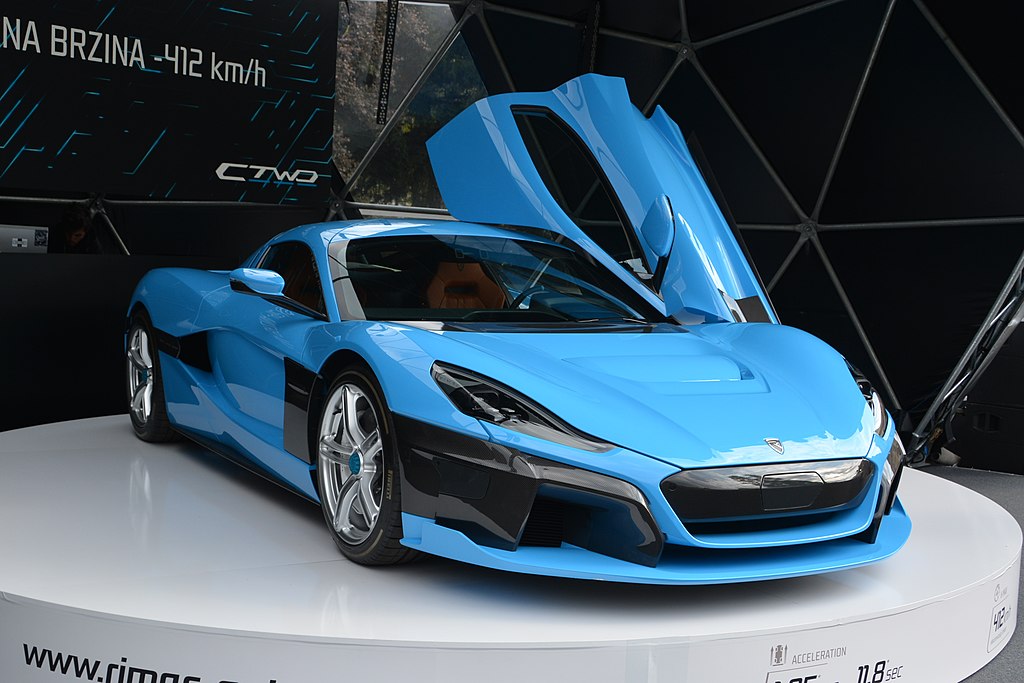Now Reading: India-China tensions delay sale of General Motors’ plant in India
-
01
India-China tensions delay sale of General Motors’ plant in India
India-China tensions delay sale of General Motors’ plant in India

Delays to American automaker General Motors’ sale of its Indian plant to Chinese automaker Great Wall Motor because of the tensions between India and China are likely to result in hefty unplanned costs for GM, people familiar with the matter said.
The sale of the plant located in Talegaon in Maharashtra state was announced in January this year and had been slated to close in the second half of 2020. Just when it might proceed remains uncertain at this moment.
In April, India introduced stricter rules for investments from China and other neighboring countries in order to prevent pandemic-hit Indian companies from being taken over at bargain prices. A number of central government ministries are now required to sign off on the deal.
But the relationship between India and China worsened after military conflicts between the two countries took place in June. This led India to put trade barriers and raise import duties on Chinese products.
Maharashtra state put three investment proposals from Chinese companies, including Great Wall’s, on hold.
Further complicating matters, both automakers did not seek central government approval until late July, the sources said.
Investment proposals from Chinese companies are unlikely to be authorized until tension at the border is vanished, two central government officials informed Reuters.
Great Wall “now feels it is impossible to finish the transaction this year,” a company source informed.
But even after the central government approves the project, Great Wall will still require more than three months to finalize investment terms with Maharashtra state and to revamp the plant, the person added.
Gaining Indian government approval for China-related deals is now expected to take some time and although the sale should still take place at some point, GM has not changed its plan to start winding down the plant’s operations next month, they said.
“By next year, it will either be a closed GM site or it will be an operating site with Great Wall,” one source said.
GM had planned to use the expected sale proceeds of $250 million-$300 million to pay off liabilities sustained with its departure from manufacturing in India in what a second source said would have been a “no gain-no loss” situation.
Although money will come through once the deal is finished, it will now have to pay out of pocket for severance pay, some of which would never have taken place had the deal proceeded smoothly, and also other costs – which could amount to a couple hundred million dollars, according to the second source.
Sources also said severance pay costs could be much higher than normal. It would be because of the lack of clarity about the deal’s prospects and workers’ demands for greater relief because of the low chances of finding new jobs amid the coronavirus pandemic.
The sources were not authorized to talk about the deal and spoke on condition of anonymity.
GM stopped selling in the world’s second-most populous nation at the end of 2017 following years of low sales but the factory still builds vehicles for export. Situated in the western state of Maharashtra, the plant employs about 4,000 workers.
If workers don’t agree to the severance offered, GM will need regional government clearance to lay off staff. That is often a long, bureaucratic process that could result in worker protests or political opposition, the sources said.
GM said in a statement it is still working toward ending production at the plant and closing the deal with Great Wall. Great Wall has not commented on the situation yet.
This year, Great Wall also announced that they will buy the plant of General Motors in Rayong, Thailand.
Stay Informed With the Latest & Most Important News
Previous Post
Next Post
-
 01Polestar Boss Says It’s Time To Outrun BMW M And Mercedes-AMG
01Polestar Boss Says It’s Time To Outrun BMW M And Mercedes-AMG -
 02Spy Shots: 2027 Mitsubishi Pajero Spotted in Testing Ahead of Possible U.S. Return
02Spy Shots: 2027 Mitsubishi Pajero Spotted in Testing Ahead of Possible U.S. Return -
 032026 Toyota Hilux EV: A Powerful Truck with Silent Torque
032026 Toyota Hilux EV: A Powerful Truck with Silent Torque -
 04Spy Photos: VW ID. Polo GTI Goes Electric with 223 HP and 280 Miles of Range
04Spy Photos: VW ID. Polo GTI Goes Electric with 223 HP and 280 Miles of Range -
![2027 Mercedes-Benz S-Class Debuts with V8 Engine [Photo Gallery]](https://speedlux.com/wp-content/uploads/2026/01/2027-Mercedes-Benz-S-Class-33-155x125.jpg) 052027 Mercedes-Benz S-Class Debuts with V8 Engine [Photo Gallery]
052027 Mercedes-Benz S-Class Debuts with V8 Engine [Photo Gallery] -
 06The Controversial Ford Voodoo V8 That Was Killed Off Too Early
06The Controversial Ford Voodoo V8 That Was Killed Off Too Early -
 07Hyundai Palisade’s Breakout Year Shows How Quickly the Market Can Turn
07Hyundai Palisade’s Breakout Year Shows How Quickly the Market Can Turn



![2027 Mercedes-Benz S-Class Debuts with V8 Engine [Photo Gallery]](https://speedlux.com/wp-content/uploads/2026/01/2027-Mercedes-Benz-S-Class-33-700x394.jpg)









































